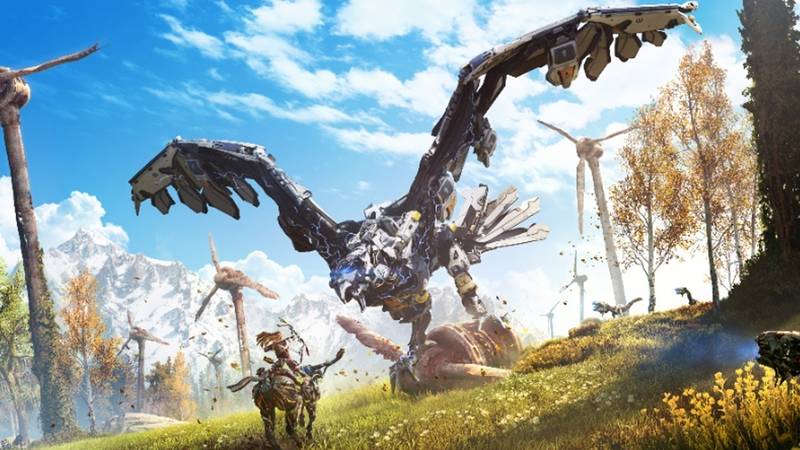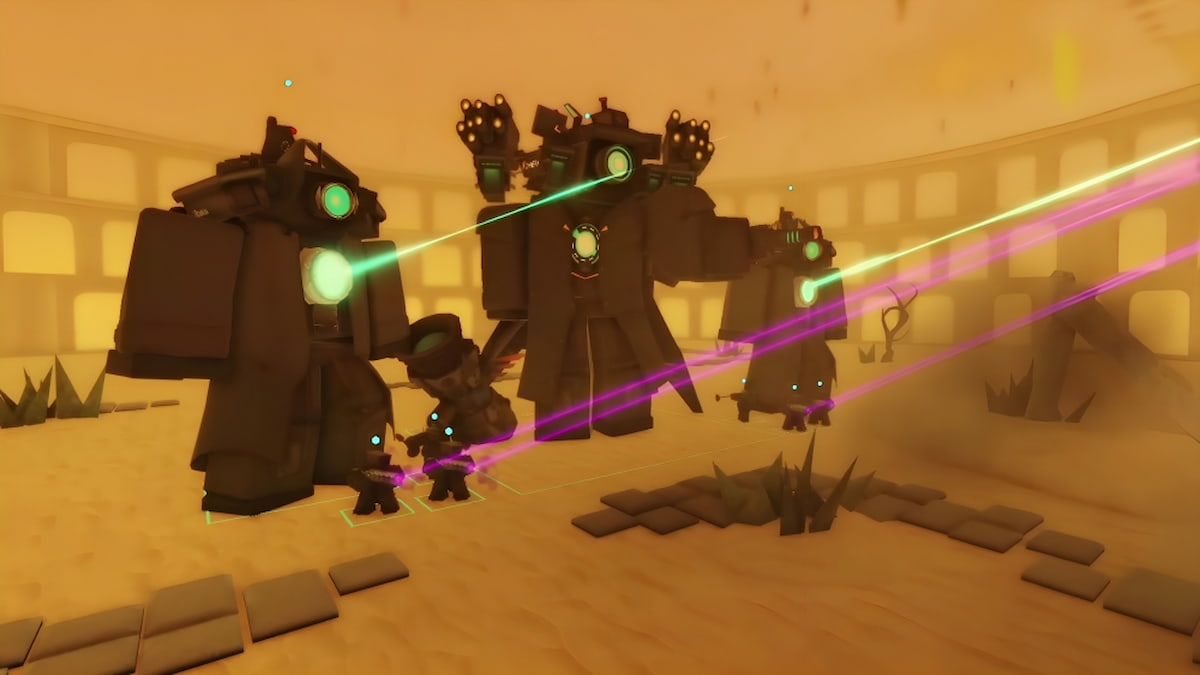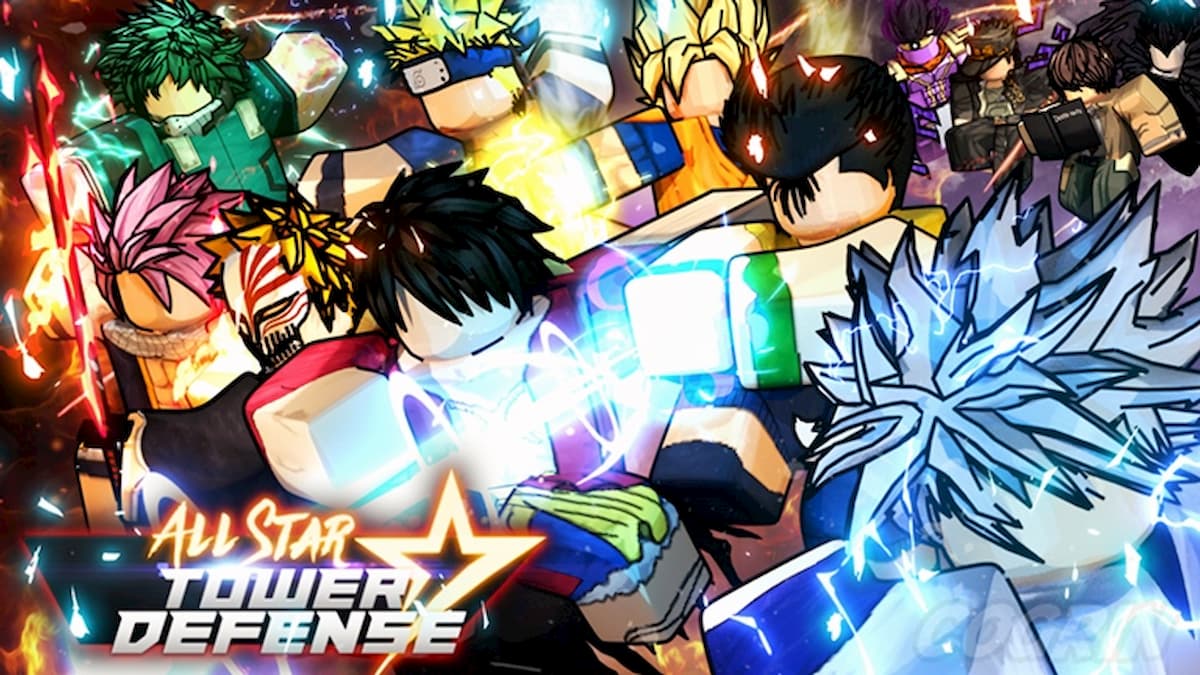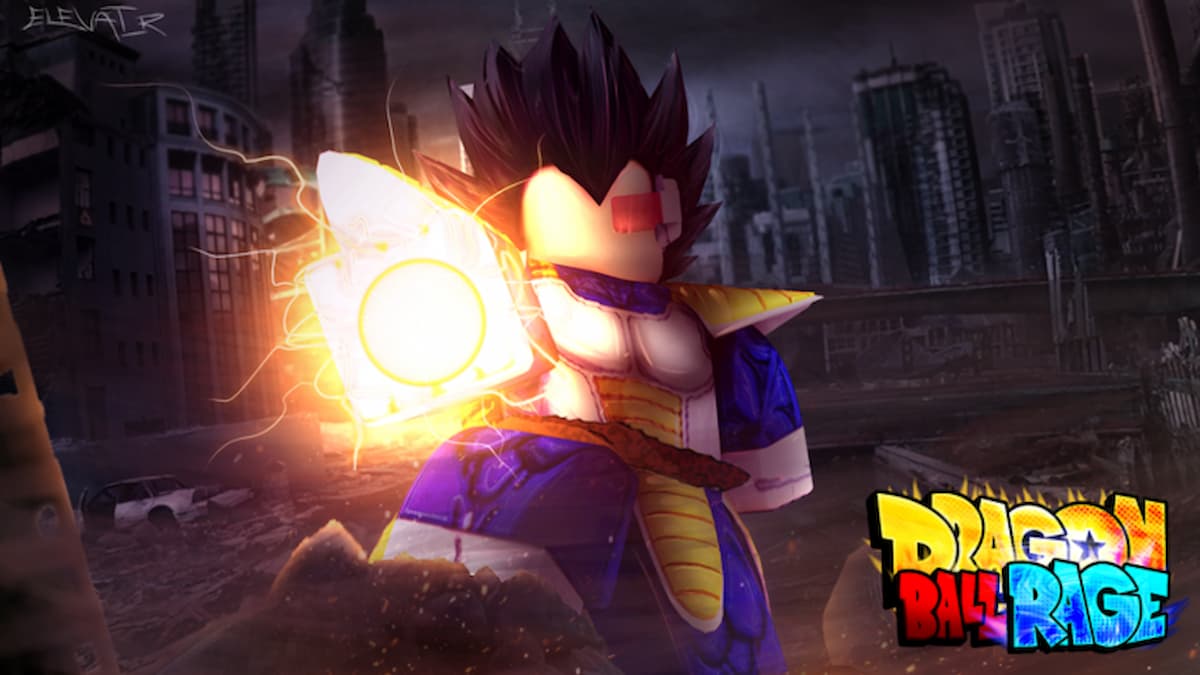The PC launch of Horizon: Zero Dawn has not gone well. The game has been plagued with bugs, crashes, and poor graphics among a plethora of other problems. One of the most prominent issues with the game is anisotropic filtering. The problems with the game’s graphical settings have caused players to grow even more frustrated as they are plagued with poor muddled graphics on a modern title. Guerilla Games is working to fix the problem, but in the meantime, here are the best PC graphic settings for Horizon: Zero Dawn.
Check your hardware
Before you start blaming Guerilla Games, it is good to check your PC’s hardware to find out if it has the minimum requirements for running the game. If you aren’t familiar with your system’s hardware, you can use apps like Speccy or online services like System Requirements Lab to check if your PC is capable of running the game. Here are the minimum requirements
- Graphics Card: NVIDIA GeForce GTX 780 (3GB) or better
- CPU: AMD Vishera FX-6350 3.9GHz, Intel Pentium Dual-Core G4400 3.30GHz or better
- RAM: 8GB or more
- OS: Windows 10 64-bit
- DirectX: 12
- Sound Card: DirectX Compatible
- Storage: 100GB
If your PC doesn’t meet these minimum requirements, you likely can’t run the game. If you are determined to play the game, a quick trip to a good PC parts dealer may be necessary.
Update your drivers
If your PC has the hardware, it might not have the software needed to run the game. Contrary to popular belief, updating your driver will not tank your performance. Check the GPU manufacturer’s website for the latest drivers and get them installed for the best performance and graphics quality.
Little fixes
If you are experiencing crashes in the game, try using these workarounds to solve them, and increase performance.
Delete the game’s shader file
A common crashing problem is fixed by deleting the game’s original shader file. The game will create a new one when you start it, so this won’t cause any problems. Navigate to the game’s root folder. It should be in a directory similar to this:
C:\Program Files (x86)\Steam\steamapps\common\Horizon Zero Dawn.
Then navigate to the LocalCacheDX12 folder and delete the “PSOCache.bin” file and restart the game.
Turn off Windows game mode, background recording, and Xbox Game Bar
These settings are pretty easy to find and eat up a little extra RAM when they are running. If you don’t use the functions of game mode or the game bar very often, it is probably a good idea to turn them off by default.
Open the start menu and click on the settings icon. Then click on the “Gaming” option in the main menu. The first option in the menu will be to turn off the Game Bar. While you are at it, go ahead and navigate to the “Captures” and “Game Mode” submenus and shut off “Background Recording” and “Game Mode” these settings should improve your performance slightly.
Turn off any overlays
If you stream or play multiplayer fairly regularly, you probably have a few different overlays to use while you play a game. Overlays like Steam, Discord, and OBS are great, but they do impact your performance. If you don’t absolutely need them while playing, just shut them off in the program’s settings.
.exe properties
Changing the properties of the game’s main .exe may further improve your graphical experience. Right-click on the game in your Steam library, click on “Properties,” then “Local Files” and finally click on “Browser Local Files.” You should find a file named “HorizonZeroDawn.exe.” Right-click on it and choose “properties” to get to the correct dialogue box. From here, you can make a few small but significant changes to the way the game runs. Check the boxes labeled “Run this program as an administrator” and “Disable full-screen optimizations.” Finally, click on the “Change high DPI settings” button and check the “Override high DPI scaling behavior” box.
In-game Settings
Finally, the in-game settings can be manipulated to provide good graphic quality while working around some of the more crash-happy bugs. Open the settings menu in the game and navigate to the “Graphics” menu. If you have a lower-end PC, we suggest leaving the preset on Low or Medium with Motion blur turned off. If you are fortunate enough to have a beefy PC that can run the higher settings, we suggest using a custom preset with the following settings:
- Textures: Ultra
- Model quality: Ultra
- Anisotropic filter: Ultra – any setting really as it is currently busted
- Shadows: High
- Reflections: High
- Clouds: Medium
- Anti-aliasing: TAA
- Motion blur: Off
- Ambient Occlusion: High
Under the “Display” settings menu we suggest using the following settings:
- Display Resolution: Set to match your monitor’s resolution.
- Adaptive performance FPS: Off
- FPS limit: Unlimited
- Render scale: 100%
- Aspect ration: Auto
- Display mode: Fullscreen
- V-sync: Off
Other settings will vary depending on your build and PC settings. You may need to experiment with them until you get the performance you are looking for but expect the occasional crash or performance drop in the process.







Published: Aug 10, 2020 10:49 pm